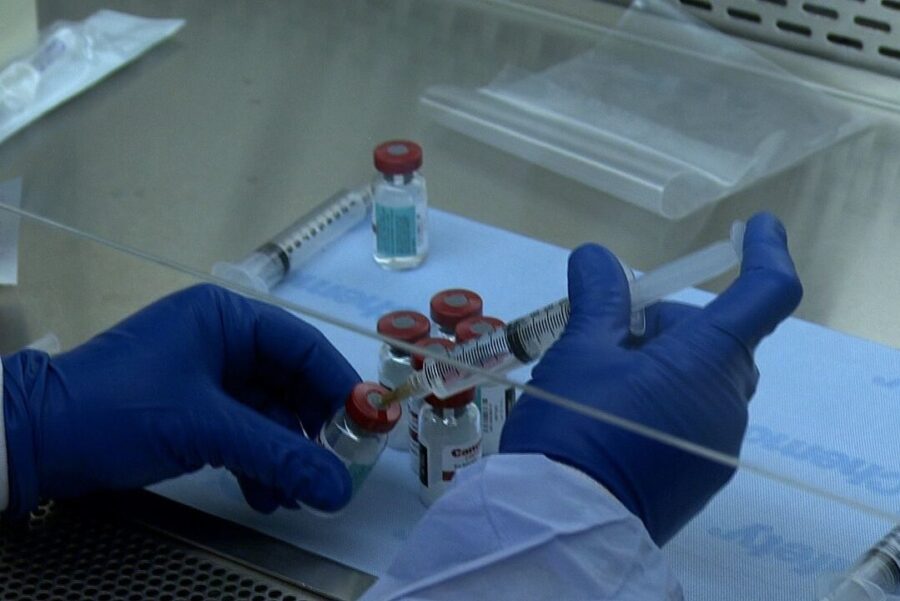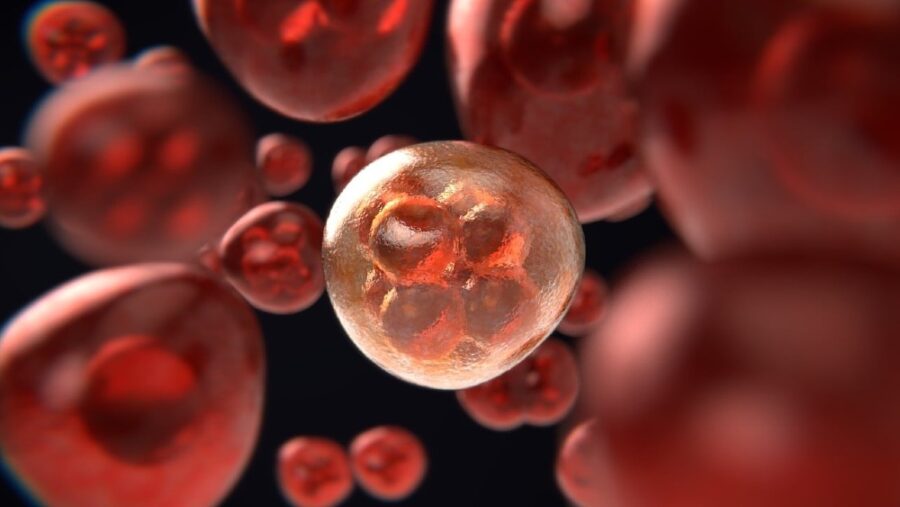Cancer Vaccine Coming In Less Than Ten Years

Biontech, a German biotechnology company, is developing an alternative to traditional chemotherapy. According to the company’s CEO, Ugur Sahin, a tailored cancer vaccine based on messenger RNA (mRNA) could be approved before the end of the decade, offering patients new hope in the relentless battle against the disease.
Cancer Vaccine Could Be Available By 2030

According to zdfheute, Biontech envisions a future where the immune system is trained to recognize and target “highly personalized” cancer cells using mRNA technology. Sahin anticipates the approval of the first mRNA-based cancer vaccine by 2030. The potential breakthrough comes as Biontech commits to obtaining study data for various therapeutic approaches between 2025 and 2029.
Positive outcomes from these studies could pave the way for the approval of innovative cancer vaccines, ushering in a new era in medical science. Central to Biontech’s approach is cancer immunotherapy, a method that leverages the body’s natural defense system to combat cancer. Sahin emphasizes the significance of immunotherapies currently in clinical development for various cancers.
However, the goal is not just control but, ideally, the long-term cure of cancer. Biontech aims to create a technological framework capable of swiftly mapping out all the necessary steps for cancer treatment. This involves receiving a patient’s blood and tumor sample and delivering an individualized cancer vaccine within four weeks.
Success With The COVID-19 Vaccine

The company aims to scale this process to benefit tens of thousands of patients annually. Having garnered immense success with its COVID-19 vaccine in the past two years, Biontech has been strategically transitioning its expertise to develop a cancer vaccine. The Covid-19 shot, developed in collaboration with Pfizer, was the first mRNA drug approved for human use.It was also the fastest vaccine developed against a new pathogen in medical history. The Pfizer-BioNTech Covid-19 vaccine has very high efficacy against severe disease and moderate efficacy against symptomatic SARS-CoV-2 infection. The company’s new dedication to advancing medical science by way of a cancer vaccine reflects its commitment to health care.
The History Of Cancer Vaccines

Cancer vaccines aren’t an entirely new concept. The existing shots serve as a form of immunotherapy designed to educate the immune system about cancer cells, enabling it to recognize and eliminate them. There are two main types of cancer vaccines. Preventive cancer vaccines, such as the Human Papillomavirus (HPV) vaccine, protect against viral infections that can lead to cancer.
Therapeutic cancer vaccines are designed to treat existing cancer by destroying cancer cells or preventing cancer from recurring after treatment. While there have been modest successes in the development of cancer vaccines in the past 50 years, new drugs used in combination with antigen-based therapies show promise for the future.
What Is Cancer?

Cancer is a group of diseases defined by the uncontrolled spread and growth of abnormal cells, often forming tumors. It is a relentless adversary, affecting millions worldwide and causing immense suffering. A potential vaccine cure would be transformative, offering a targeted and less invasive alternative to traditional treatments like chemotherapy.
The Potential To Save Millions Of Lives

Beyond mitigating side effects, a cancer vaccine would also revolutionize patient care, offering a pathway to prevention, early intervention, and the prospect of long-term remission.












